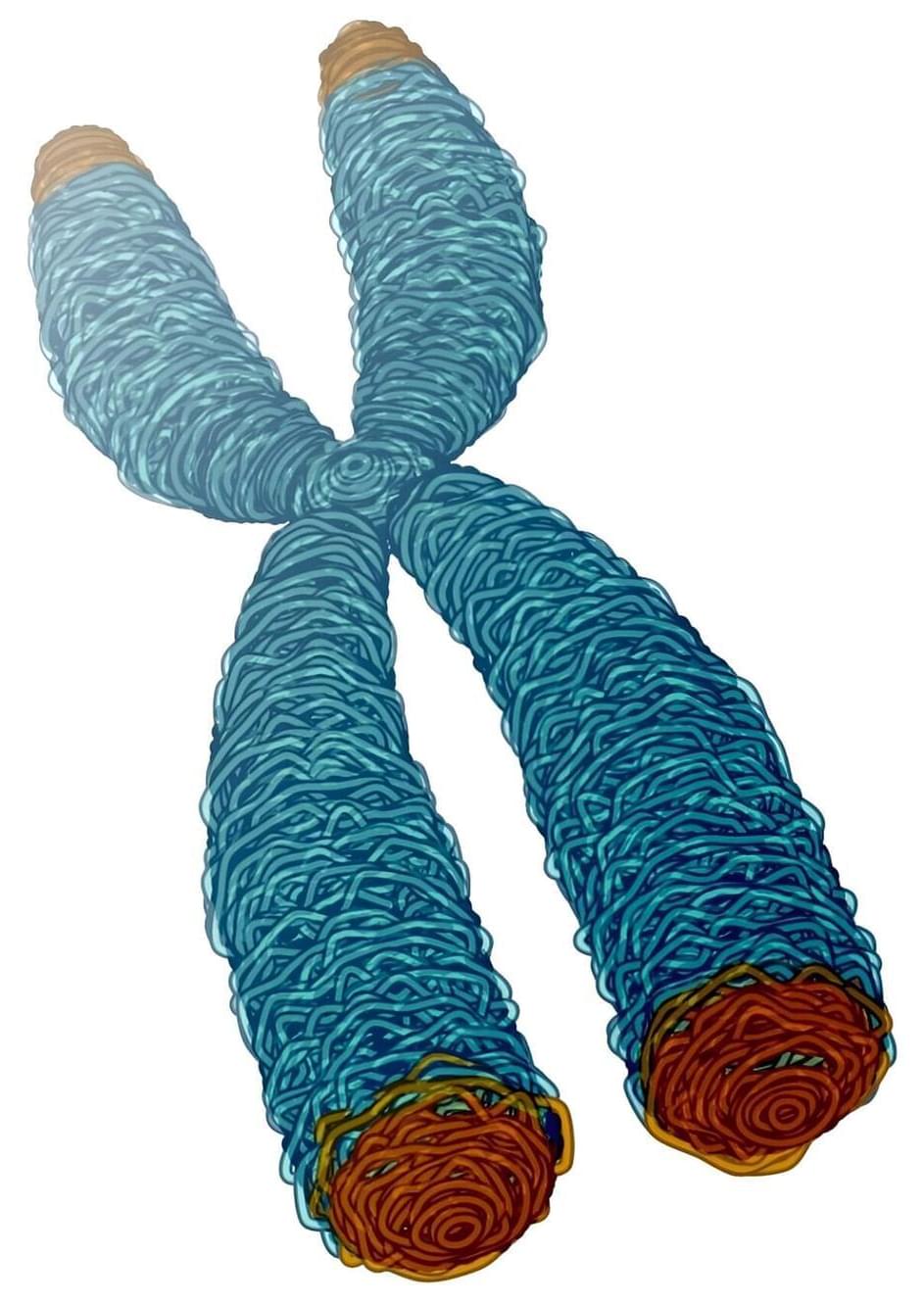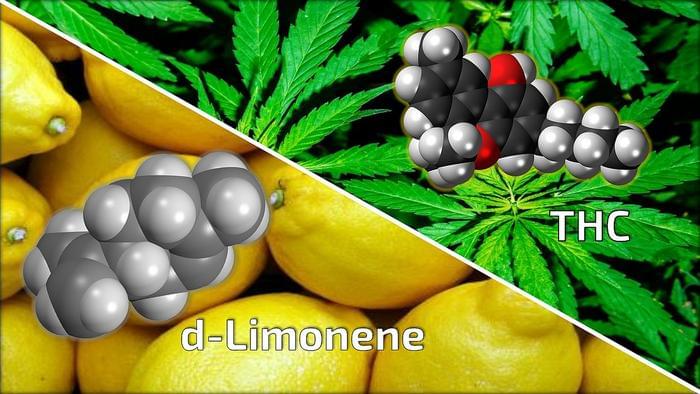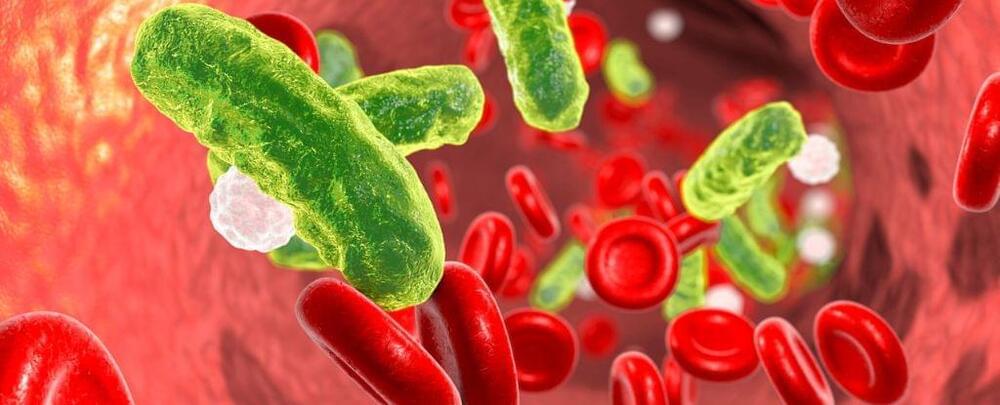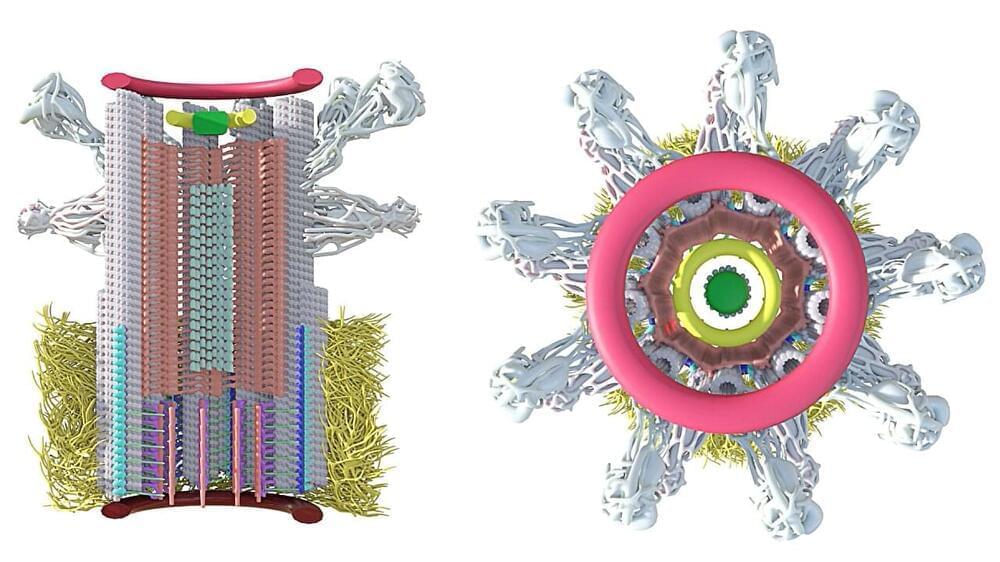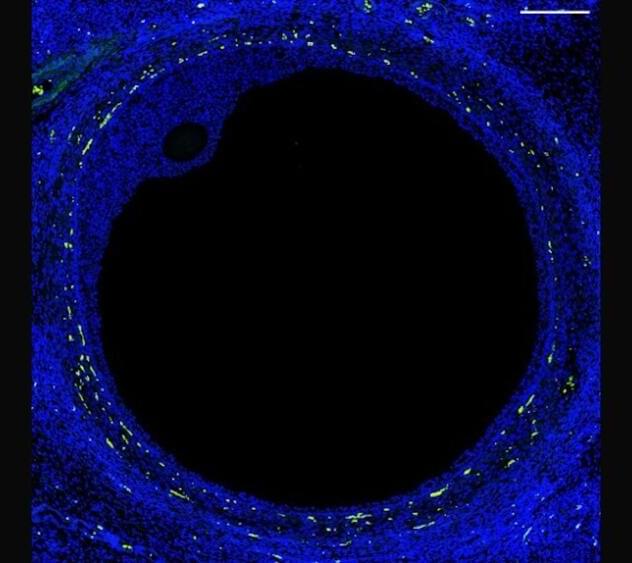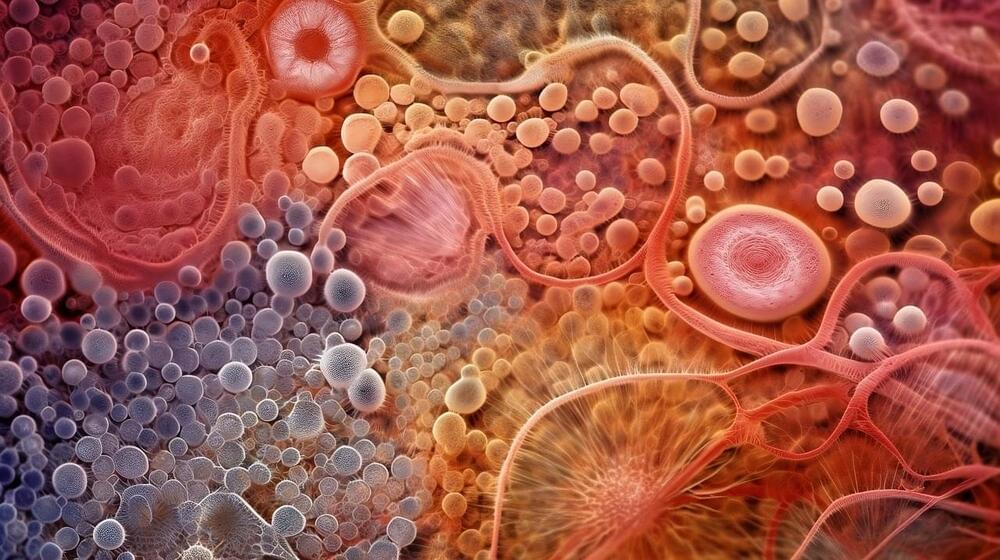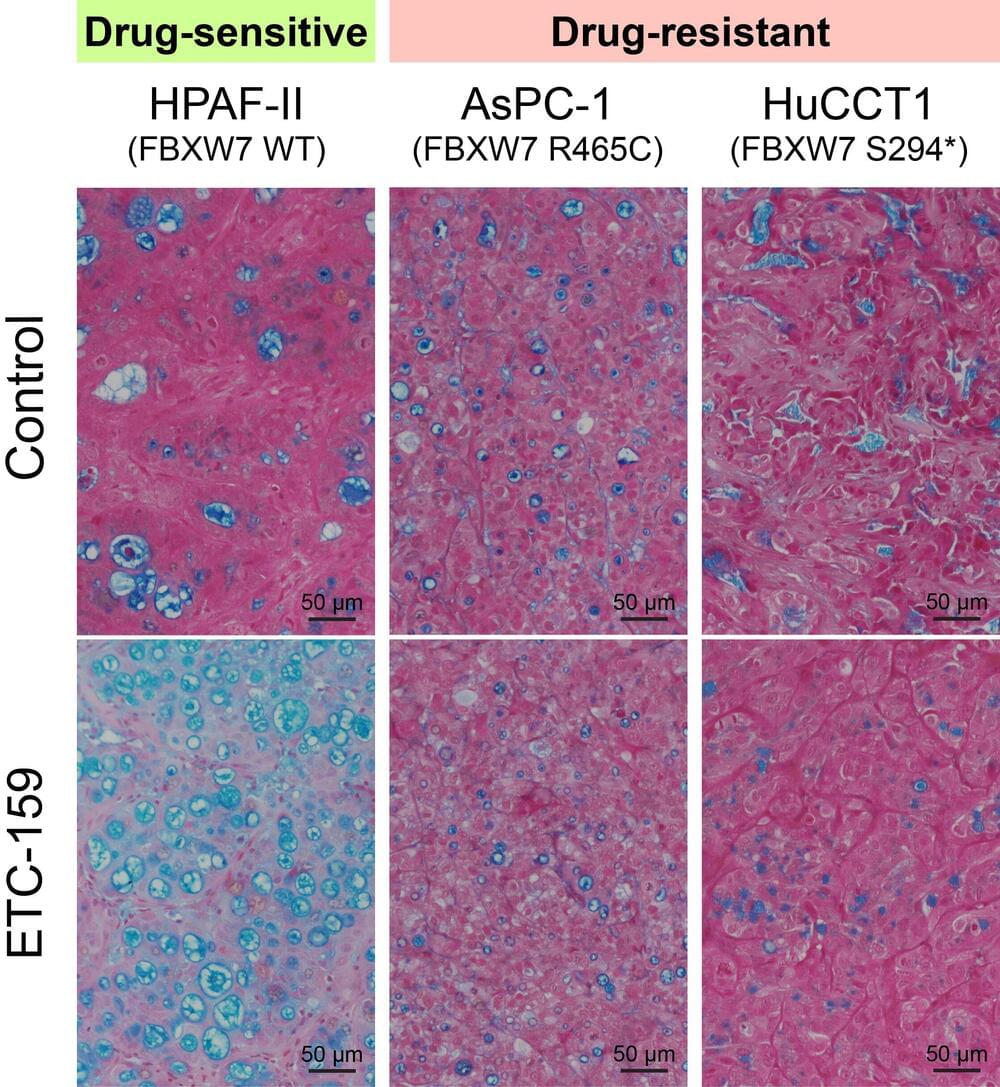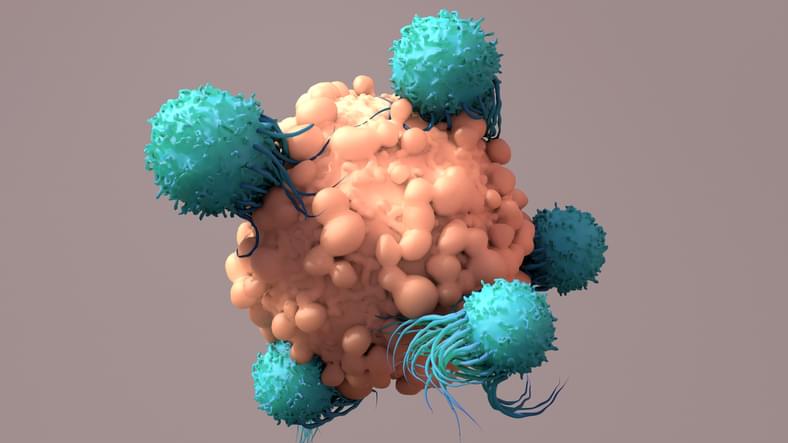Nanomaterials manufacturing, 3D bioprinting, and astronaut eye health were the main research topics aboard the International Space Station on Friday. The Expedition 71 crew members also continued servicing spacesuits and conducted an emergency drill.
The SpaceX Dragon cargo spacecraft recently delivered to the orbital outpost a biotechnology study to demonstrate the in-space production of nanomaterials that mimic DNA. NASA Flight Engineers Jeanette Epps and Mike Barratt worked on the second portion of that experiment on Thursday mixing then treating the research samples for analysis. Epps began her day mixing solutions in the Life Science Glovebox to create specialized nanomaterials. During the afternoon, Barratt applied sound and light treatments to the samples then stowed them aboard Dragon for analysis back on Earth. Results may lead to advanced therapies for space-caused and Earthbound health conditions.
The duo partnered back together at the end of the day for eye scans using standard medical imaging gear found in an optometrist’s on Earth. Barratt operated the hardware with guidance from doctors on the ground peering into Epp’s eyes and examining her retina and optic nerve for the B Complex eye health investigation.

